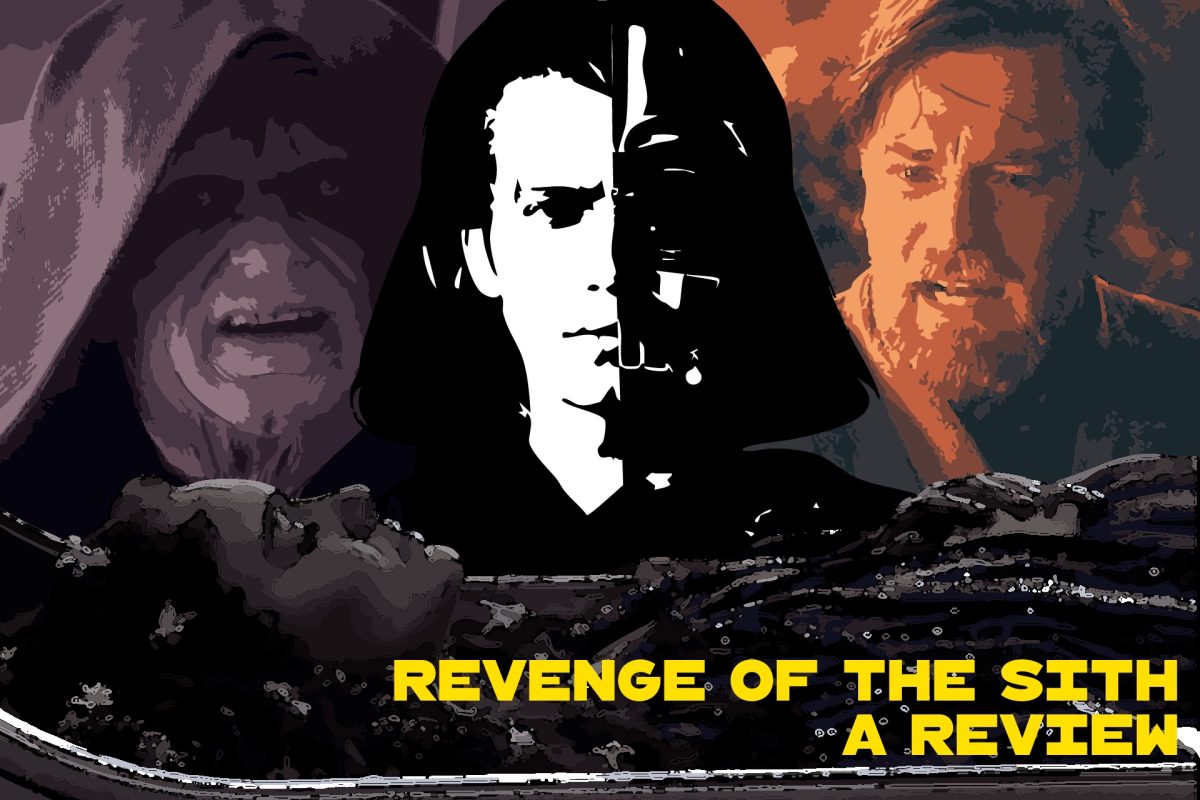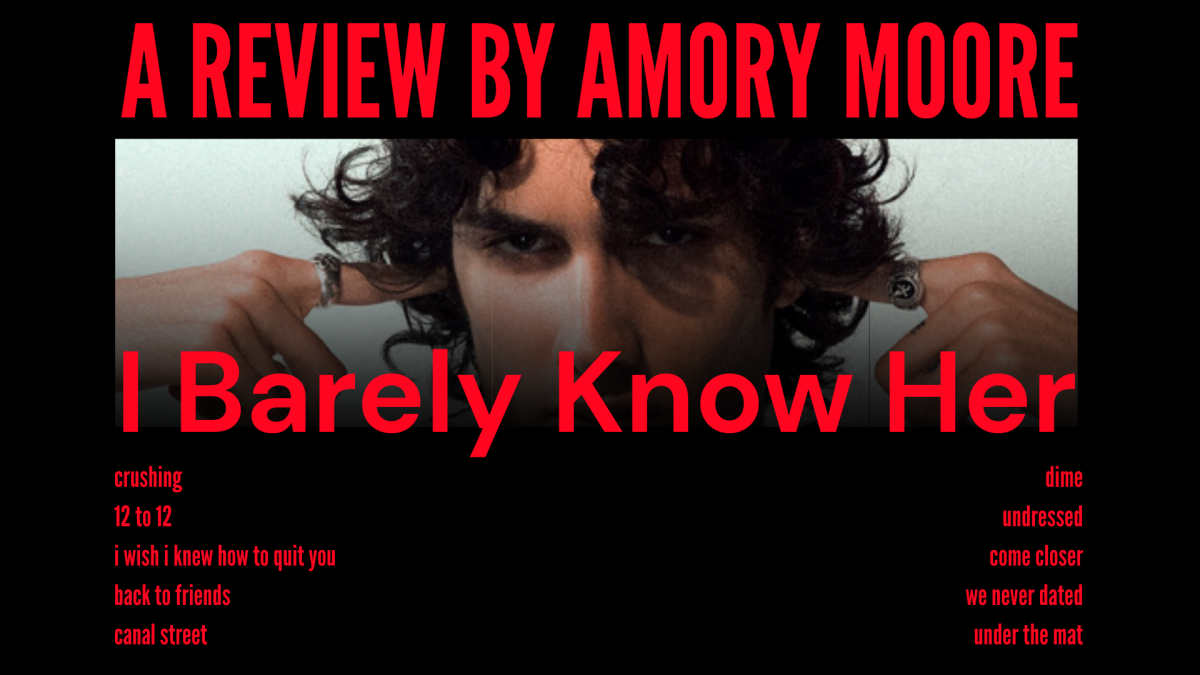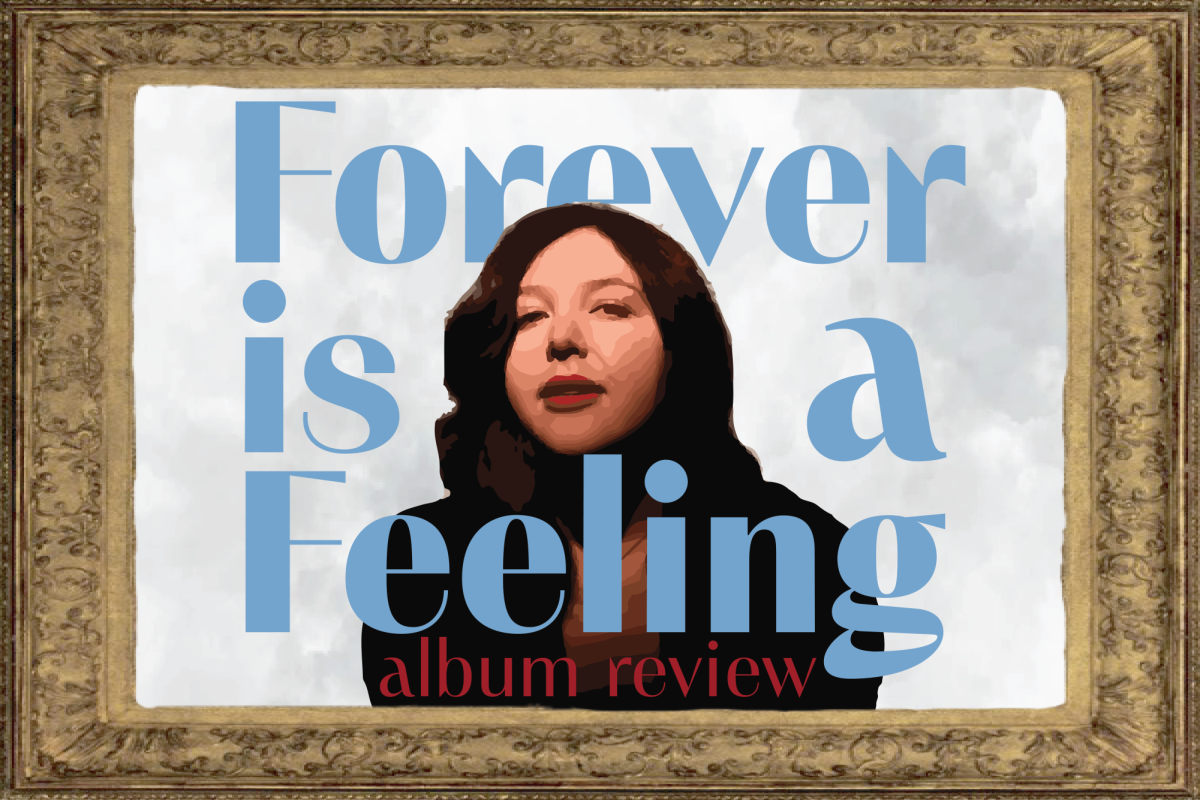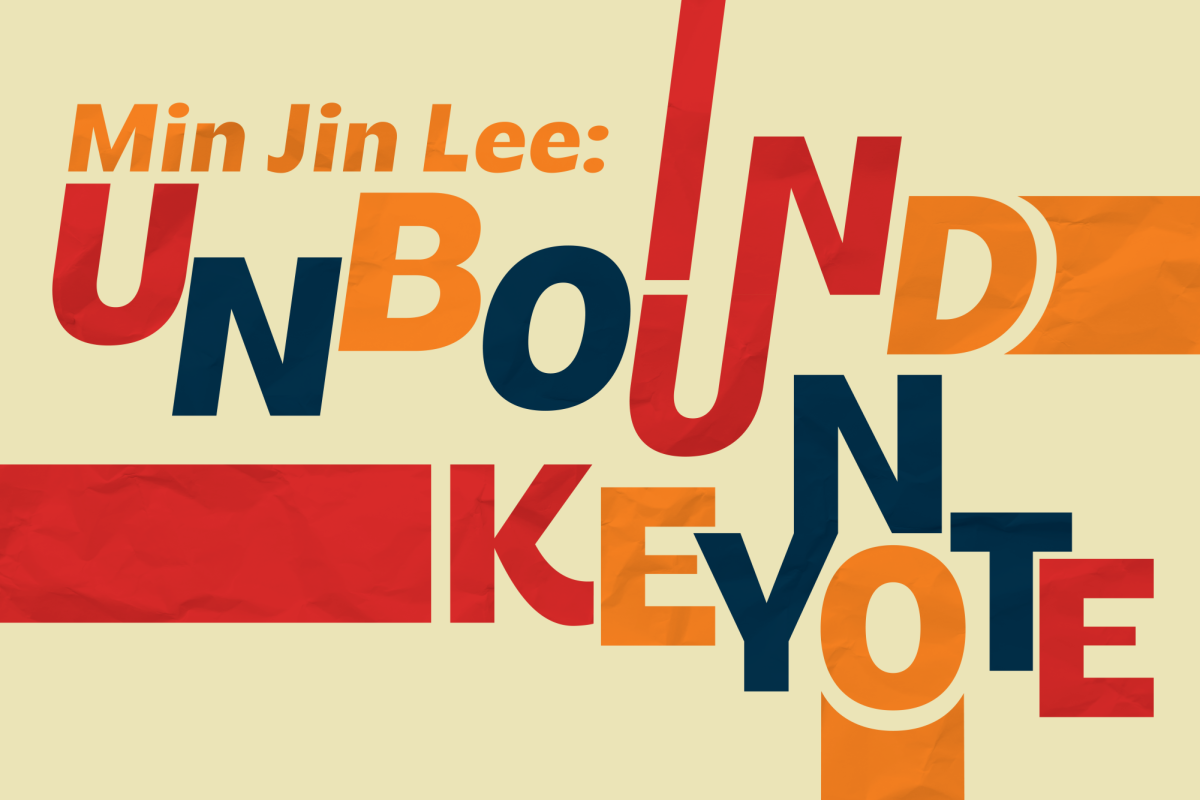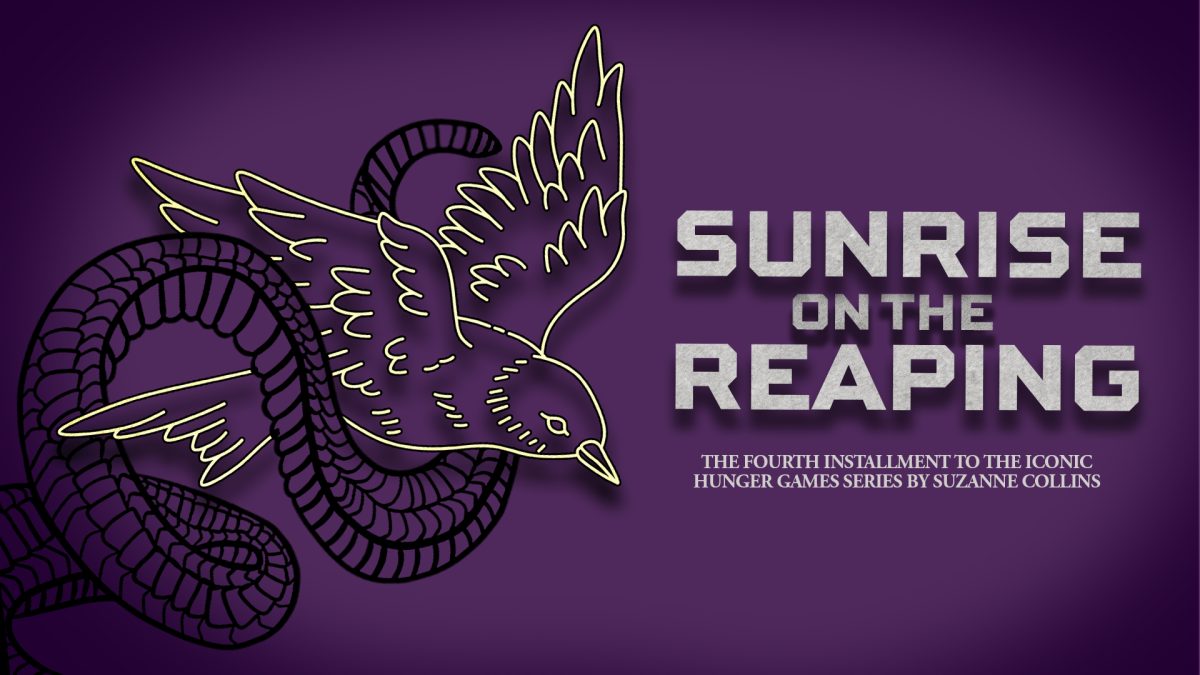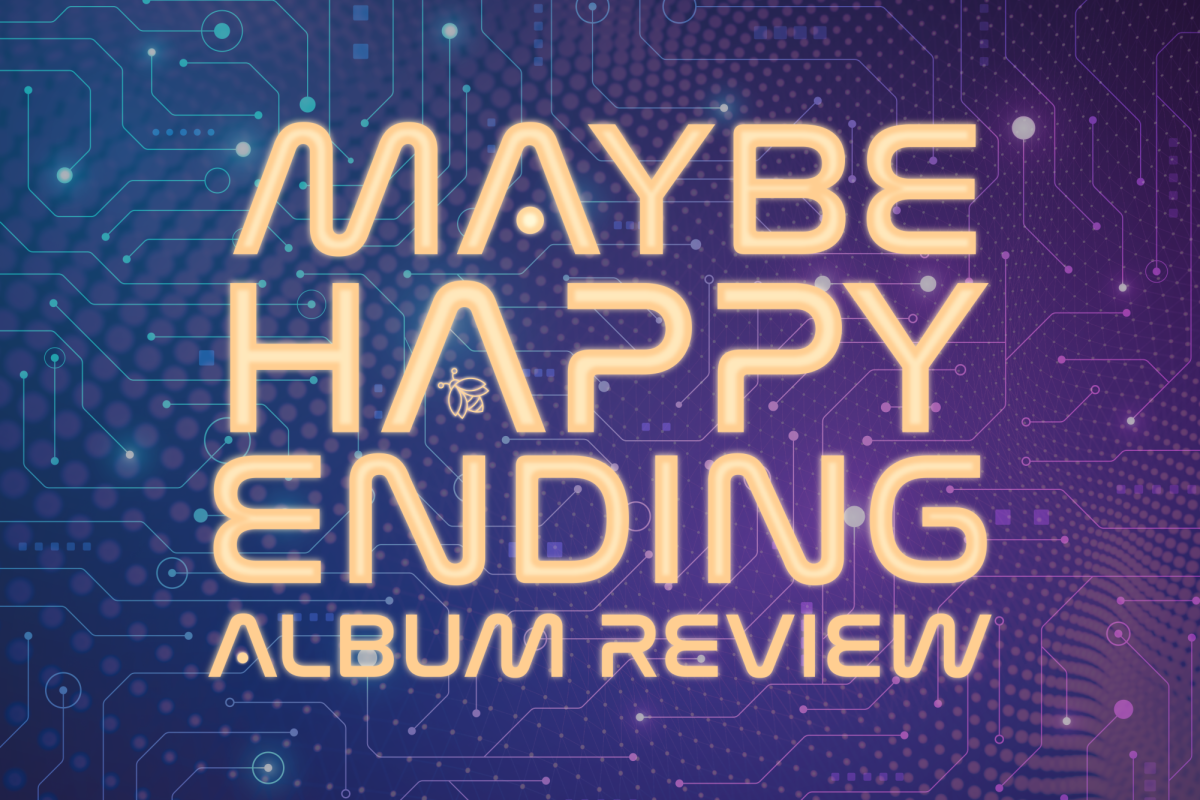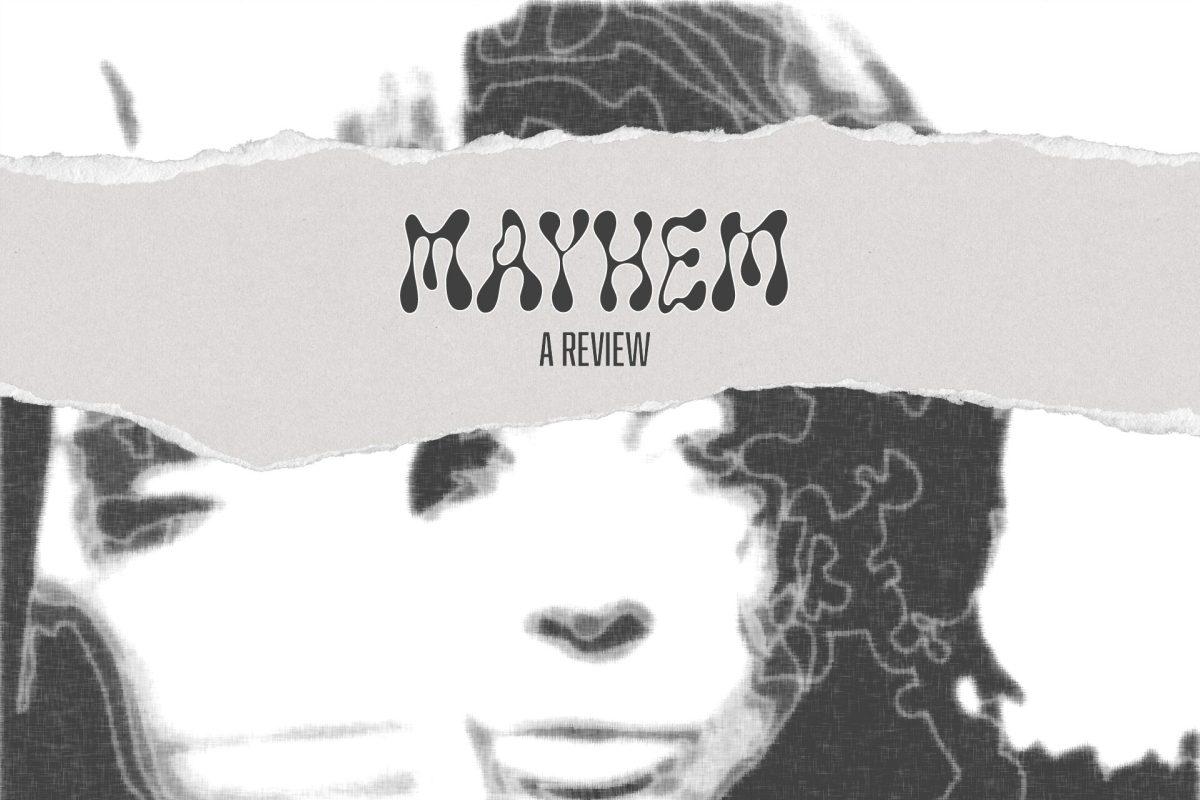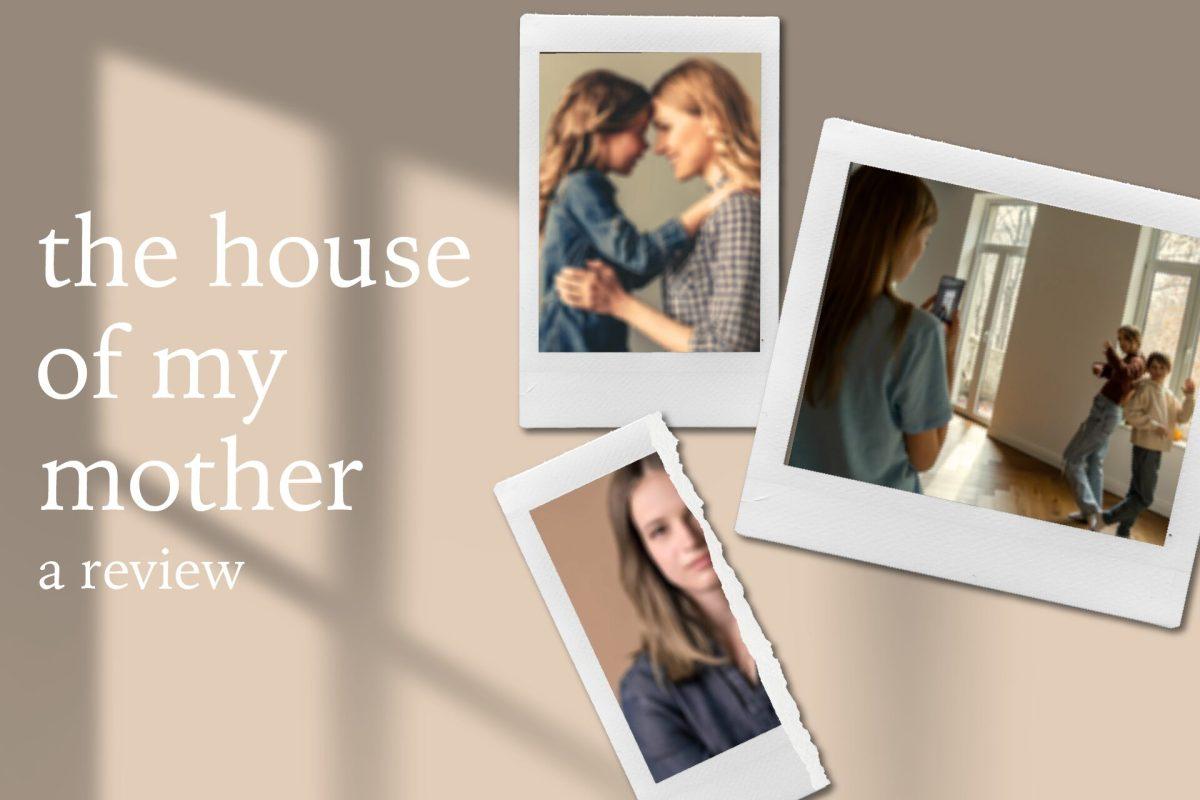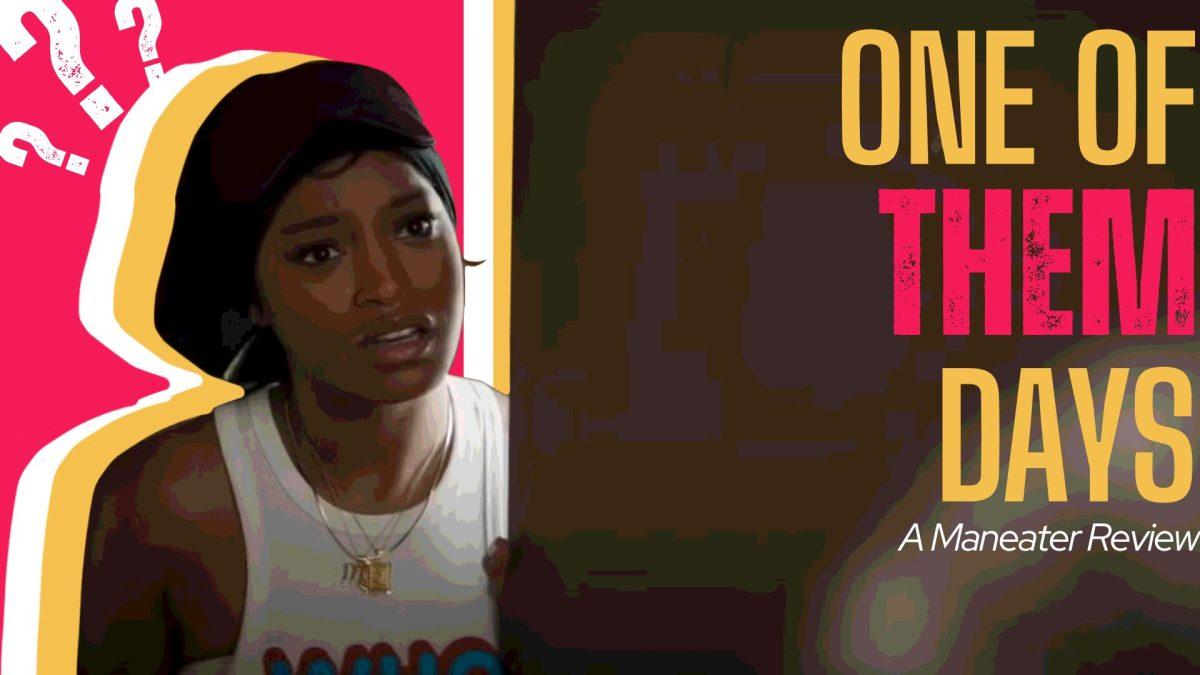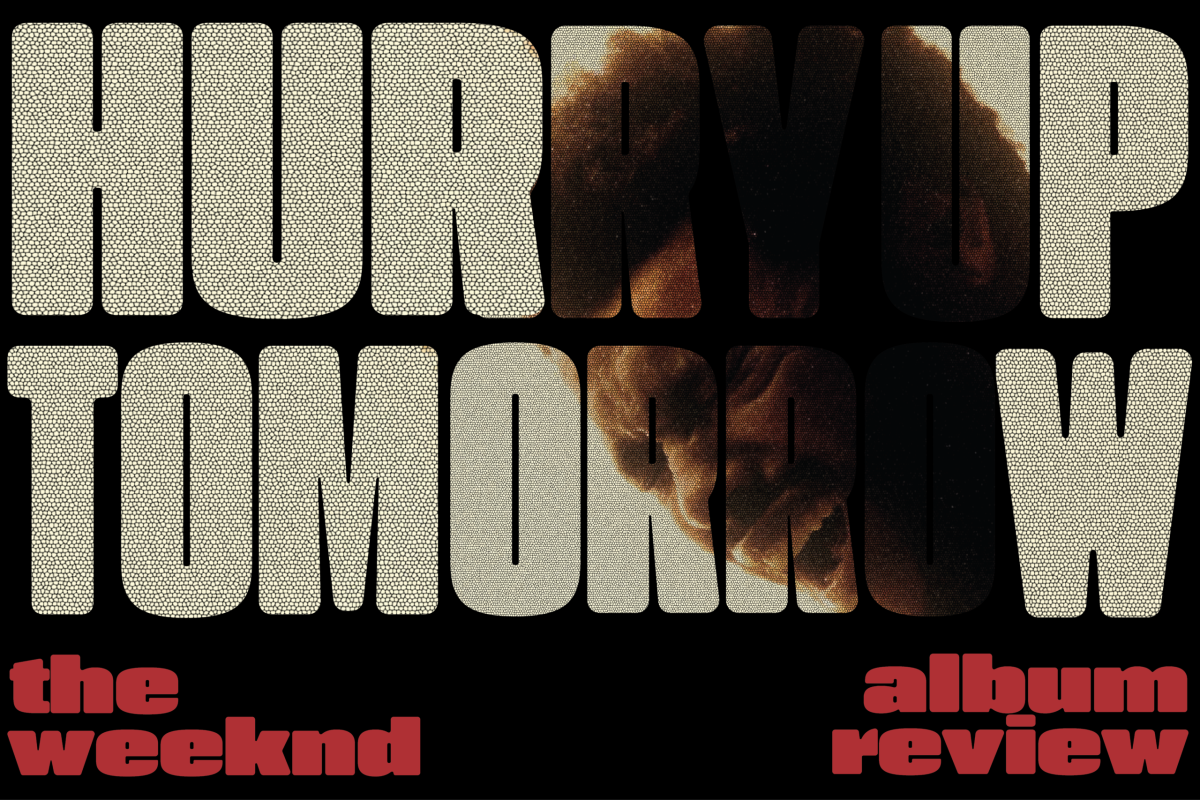It’s been 20 years since “Star Wars” fans watched Hayden Christensen’s Anakin Skywalker turn to the dark side. Since then, the film has gifted us countless iconic lines, scenes and characters that make it so celebrated, even two decades later.
The third episode of the “Star Wars” franchise, “Revenge of the Sith,” was rereleased in theaters on April 25 to celebrate its 20th anniversary, allowing fans to experience, or reexperience, the masterpiece on the big screen. After rewatching the movie at least ten times, seeing it in theaters for the rerelease was unforgettable. I was excited to experience the movie the way it was originally intended to be watched: in the theater.
Like many people, “Star Wars” holds sentimental importance in my coming of age. Though a parent or older sibling didn’t sit me down to watch it when I was a child, I sat myself down and watched it alone when I was 16, young and impressionable. Since then, I’ve grown to love the alluring storyline and iconic characters just as much as the next person.
I can say with confidence that “Revenge of the Sith” is one of the best “Star Wars” movies. It’s like watching a Shakespearean tragedy with its raw showcase of love, betrayal and lust for power, only this adaptation has lightsabers and spaceships. The larger themes of consumption and control outweigh the story’s child-viewership facade of good vs. evil so perfectly that we feel for Anakin Skywalker, labeled the villain.
Watching Anakin’s self-destructive journey to the dark side is never easy, no matter how many times I’ve seen the movie. I find myself hoping and praying he’ll have a change of heart, which is how I imagine fans of Shakespeare felt watching “Hamlet” some 400 years ago. Much like the namesake of Shakespeare’s play, Anakin is consumed by grief and anger, which ultimately leads to his downfall.
“Revenge of the Sith” is so powerful in that it shows the humanistic nature of someone who is deemed “the chosen one.” These figures in the media, like Harry Potter and Frodo Baggins, face strain and stress, carrying the burden of being the chosen hero against their will. Anakin feels pressured by his mentors and absorbed by the nagging fear that his pregnant wife, Padmé Amidala, will die during childbirth. Overwhelmed with dread and uncertainty, Anakin turns to the dark side in hopes of learning how to save Padmé.
In his path of destruction, Anakin also betrays his closest friend and mentor, Obi-Wan Kenobi. This one stings, especially after all the buildup of their relationship on screen and witnessing Anakin’s treason against his master. It’s dramatic and emotional, and we see Anakin taking on this new persona as someone changed by fear, pushing away those he’s afraid to lose.
While I wholeheartedly believe “Revenge of the Sith” is a love story, it’s also the dark and twisted origin story of one of the most iconic villains of all time, Darth Vader. Even without knowing anything about “Star Wars”, almost everyone knows who Darth Vader is, whether they know him as Anakin Skywalker or the “I am your father” guy.
The loss depicted in the movie, portrayed through both death and betrayal, truly shows how love can change someone for the worse, which is something so unique about the franchise and the movie in itself. More often than not, we see love represented as a force for good, something that builds people up and changes them for the better, but that’s not the case with Anakin. Love and the fear of loss destroy Anakin, which is why he makes such a realistic antagonist when he does fully commit to the dark side.
I don’t think Anakin Skywalker is necessarily “misunderstood,” but I do believe he’s a realistic portrayal of someone destined for greatness who is victimized by so-called advisors. Anakin is a classic depiction of a tragic character who falls to evil for all the wrong reasons, his fate tarnished by miscommunication and blind faith.
“Revenge of the Sith” is a beautiful close to the calamitous origin story of Darth Vader, tying in the ill-fated love of Padmé and Anakin that tops off the overall tragedy.
Edited by Alyssa Royston | [email protected]
Copy edited by Avery Copeland and Natalie Kientzy | [email protected]
Edited by Emily Skidmore | [email protected]


